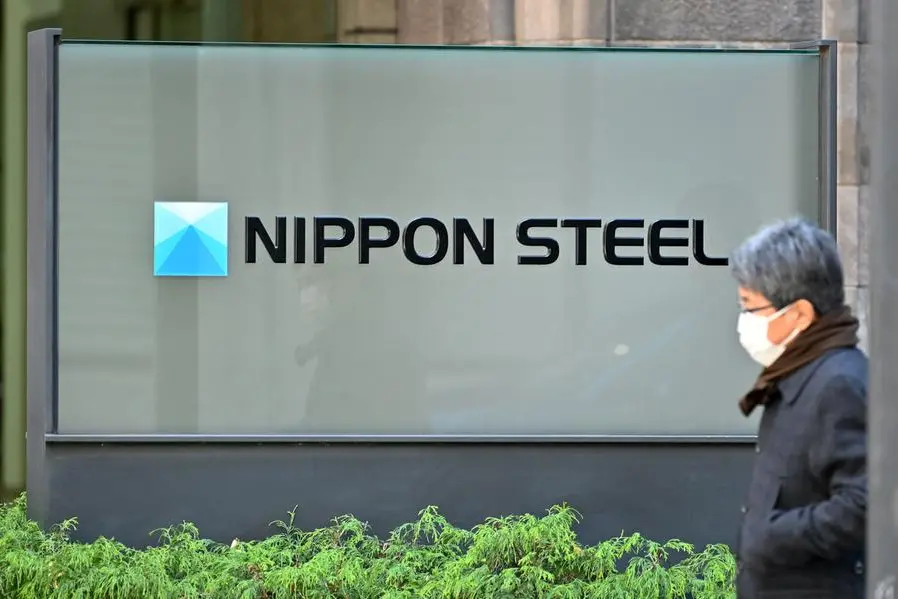In a significant development, shareholders of U.S. Steel have overwhelmingly endorsed the company’s acquisition by Nippon Steel of Japan, signaling robust support for a merger valued at $14.1 billion in cash. At a special investor meeting held on Friday, more than 98% of the shares cast their votes in favor of the takeover, as announced by U.S. Steel based in Pittsburgh. While the shareholder approval represents a crucial step forward for the proposed combination, the deal has sparked debate and raised concerns, particularly on economic and national security fronts.

Biden Administration’s Opposition
Despite the resounding approval from shareholders, the Biden administration has voiced opposition to the acquisition, citing concerns about its potential impact on various aspects, including unionized workers, supply chains, and U.S. national security. President Joe Biden emphasized the importance of preserving strong American steel companies powered by domestic steelworkers. His stance underscores the administration’s commitment to safeguarding vital industries and ensuring their resilience in the face of global economic dynamics.
Union Response and National Security Considerations
The United Steelworkers, representing the labor force of U.S. Steel, refrained from commenting on the shareholder vote, highlighting the complex dynamics surrounding the deal. While shareholders have shown support for the acquisition, questions persist about the implications for unionized workers and the broader national security landscape. The transaction’s potential ramifications on supply chains and the strategic interests of the United States have garnered attention, prompting scrutiny from policymakers and stakeholders alike.

Amidst diverging perspectives and competing interests, the fate of the U.S. Steel-Nippon Steel deal remains subject to ongoing deliberations and regulatory scrutiny. As discussions unfold, stakeholders will continue to assess the potential benefits and risks associated with the merger, weighing economic considerations against strategic imperatives. The outcome of these deliberations will shape the trajectory of the steel industry landscape and influence broader geopolitical dynamics, underscoring the significance of the proposed acquisition beyond corporate boardrooms.
